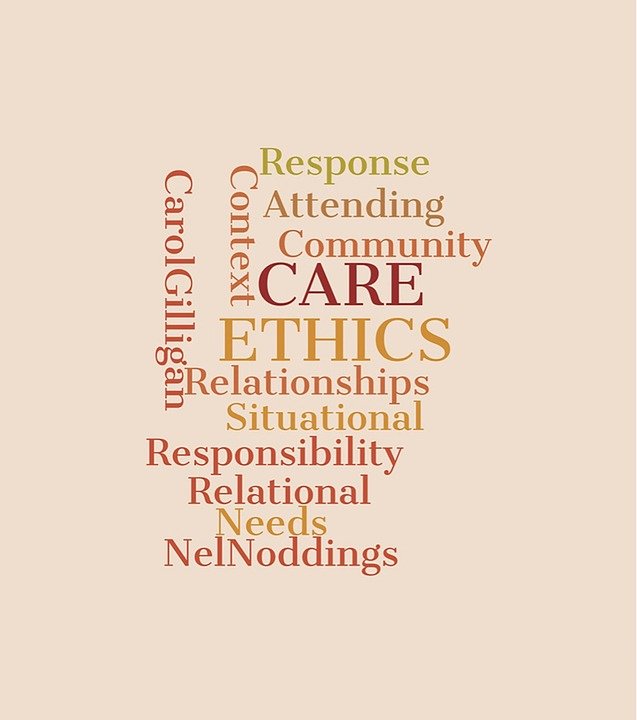Ethics in healthcare is a complex and delicate issue that requires balance between the rights of patients and responsibilities of healthcare providers. In today’s healthcare system, it is crucial for providers to uphold the highest ethical standards in order to protect the well-being and rights of patients.
At the core of healthcare ethics is the principle of beneficence, which requires healthcare providers to act in the best interests of their patients and strive to do no harm. This means that providers must prioritize the well-being and safety of their patients above all else, even if it means making difficult decisions or sacrifices.
However, the principle of beneficence must be balanced with respect for patient autonomy, which is the right of patients to make their own informed decisions about their healthcare. In order to uphold this principle, healthcare providers must ensure that patients have all the information they need to make informed choices about their treatment and care. This includes providing patients with clear explanations of their diagnosis, treatment options, and potential risks and benefits.
Another important ethical principle in healthcare is justice, which requires that healthcare resources be distributed fairly and equitably. This means that healthcare providers must strive to provide their patients with the best possible care, regardless of their personal beliefs, values, or characteristics.
In order to maintain ethical integrity in healthcare, providers must also adhere to the principle of honesty and transparency. This means that providers must be truthful with their patients about their diagnosis, treatment options, and prognosis, and must disclose any potential conflicts of interest that may affect their ability to provide unbiased care.
Additionally, providers must respect the privacy and confidentiality of their patients’ medical information, in accordance with the Health Insurance Portability and Accountability Act (HIPAA). This means that providers must obtain informed consent before sharing a patient’s medical information with other healthcare professionals, and must take all necessary precautions to protect patient privacy and confidentiality.
In conclusion, ethics in healthcare is a critical issue that requires providers to balance the rights of patients with their own responsibilities. By upholding the principles of beneficence, autonomy, justice, honesty, and confidentiality, healthcare providers can ensure that they are providing the highest quality care to their patients while also protecting their rights and well-being. Ultimately, it is essential for providers to maintain ethical integrity in their practice in order to build trust and confidence with their patients and ensure the best possible outcomes for their care.


